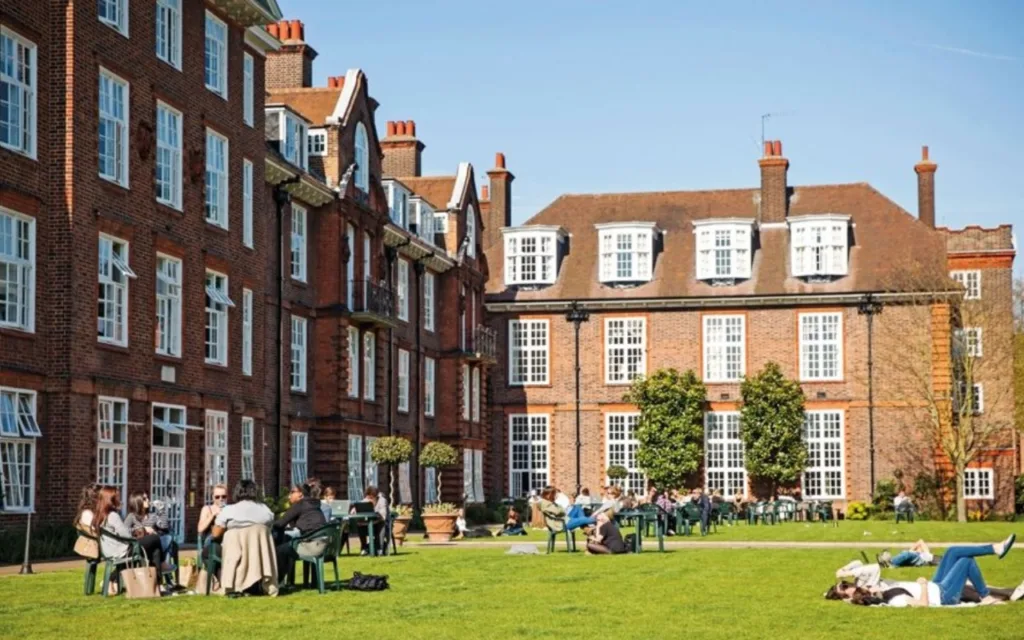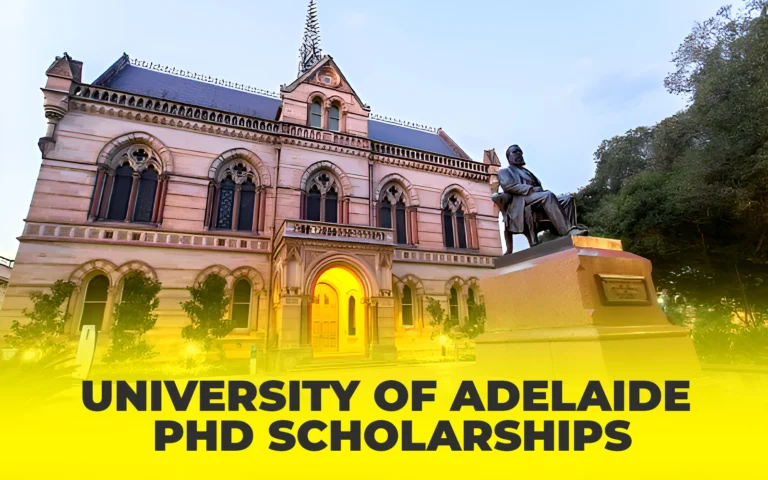St George’s, University of London, holds a prestigious position as a leading center for medical and health sciences research, education. Established in 1733, St George’s has a strong tradition of providing cutting-edge impactful education in medicine, healthcare, allied fields. The institution in Tooting, South London, has developed into a center of excellence renowned for its dedication to developing medical professionals and researchers essential to growing medical knowledge, growing patient care, and taking on global health issues. Modern facilities, a varied and covering learning environment, and an emphasis on research-led instruction characterize St. George’s. St George’s University of London is a prestigious school for graduate work in the life sciences, It provides postgraduate programs covering the most recent advances in microbiology, biochemistry, and genetics.

These courses give students a thorough and specialized education while letting them investigate the complexities of life at the molecular, cellular, and living thing levels. The postgraduate curriculum, which is based on research-led instruction, strongly emphasizes practical laboratory work, critical analysis, and advanced theoretical knowledge. With access to cutting-edge resources and knowledgeable faculty mentorship. Students participate in significant research initiatives pushing the boundaries of life sciences knowledge. St. George’s Hospital enhances the educational process even further by giving students exceptional chances to put their
List of St George’s University of London Life Sciences Postgraduate Programs
| Course Name | Specialization | Discipline | Degree Level | Duration Years | Intake Month | Fee Per Year |
|---|---|---|---|---|---|---|
| Master of Biomedical Science in Molecular Mechanisms of Cancer | Molecular Mechanisms of Cancer | Life Sciences | masters | 1 | September, | 26000 |


















